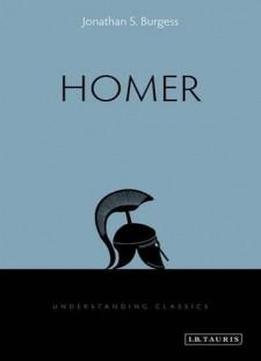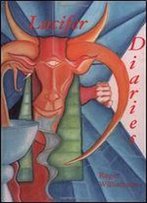
Homer (understanding Classics)
by Jonathan S Burgess /
2014 / English / EPUB
1.5 MB Download
What reader could fail to be enthralled by the Iliad and the
Odyssey, those greatest heroic epics of antiquity? Yet the author
of these immortal texts remains, in the end, an enigma. The
central paradox of 'Homer' is that – while recognized as
producing poetry of incomparable genius – even in the ancient
world nobody knew who he was. As a result, the mythmaker became
the subject of myth. For the satirist Lucian (c 125 – c 180 CE)
he was a captive Babylonian. Other traditions have Homer born on
Smyrna or the island of Chios, or portray him as a blind and
wandering minstrel. In his new and authoritative introduction,
Jonathan Burgess addresses fundamental questions of provenance
and authorship. Besides conveying why these epics have been
cherished down the ages, he discusses their historical sources
and the possible impact on the Iliad and Odyssey of
Indo-European, Near Eastern and folktale influences. Tracing
their transmission through the ancient, medieval and modern
periods, the author further examines questions of later reception
and the use made of Homer in colonialism and imperialism.
What reader could fail to be enthralled by the Iliad and the
Odyssey, those greatest heroic epics of antiquity? Yet the author
of these immortal texts remains, in the end, an enigma. The
central paradox of 'Homer' is that – while recognized as
producing poetry of incomparable genius – even in the ancient
world nobody knew who he was. As a result, the mythmaker became
the subject of myth. For the satirist Lucian (c 125 – c 180 CE)
he was a captive Babylonian. Other traditions have Homer born on
Smyrna or the island of Chios, or portray him as a blind and
wandering minstrel. In his new and authoritative introduction,
Jonathan Burgess addresses fundamental questions of provenance
and authorship. Besides conveying why these epics have been
cherished down the ages, he discusses their historical sources
and the possible impact on the Iliad and Odyssey of
Indo-European, Near Eastern and folktale influences. Tracing
their transmission through the ancient, medieval and modern
periods, the author further examines questions of later reception
and the use made of Homer in colonialism and imperialism.











